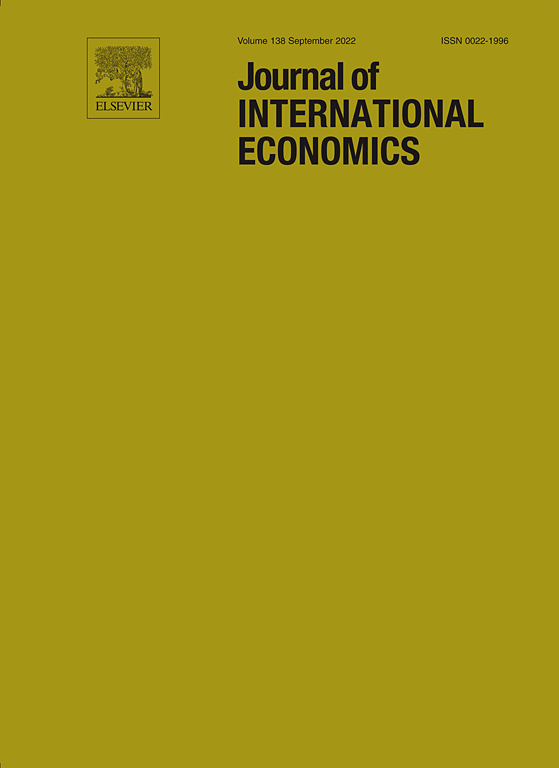
Lo más reciente
We study how capital controls and domestic macroprudential policy tame credit supply booms, either directly or by enhancing the local bank-lending channel of monetary policy. We exploit credit registry data and the introduction of capital controls on foreign exchange (FX) debt inflows and increase of reserve requirements on domestic bank deposits in Colombia during a boom. We find that capital controls strengthen the bank-lending channel. Increasing the local monetary policy rate widens the interest rate differential with the U.S.; hence, relatively more FX-indebted banks carry-trade cheap FX-funds with expensive peso lending, especially toward riskier firms. Capital controls tax FX-debt and break the carry-trade. Differently, raising reserve requirements on domestic deposits directly reduces credit supply, particularly for riskier firms, rather than enhancing the bank-lending channel. Importantly, banks differentially finance credit with domestic vis-à-vis FX-financing; hence, capital controls and domestic macroprudential policy complementarily mitigate the credit boom and related bank risk-taking.
 Andrea Fabiani,
Andrea Fabiani, 